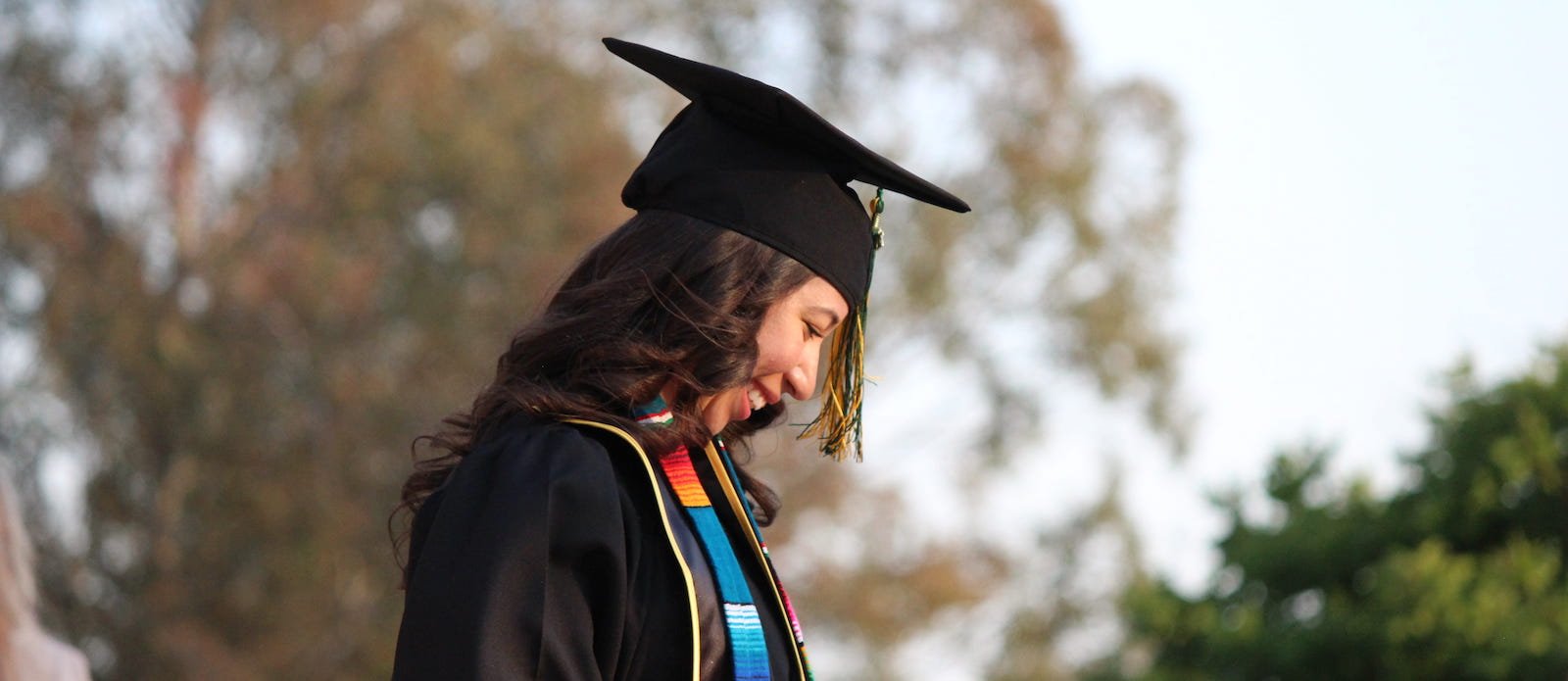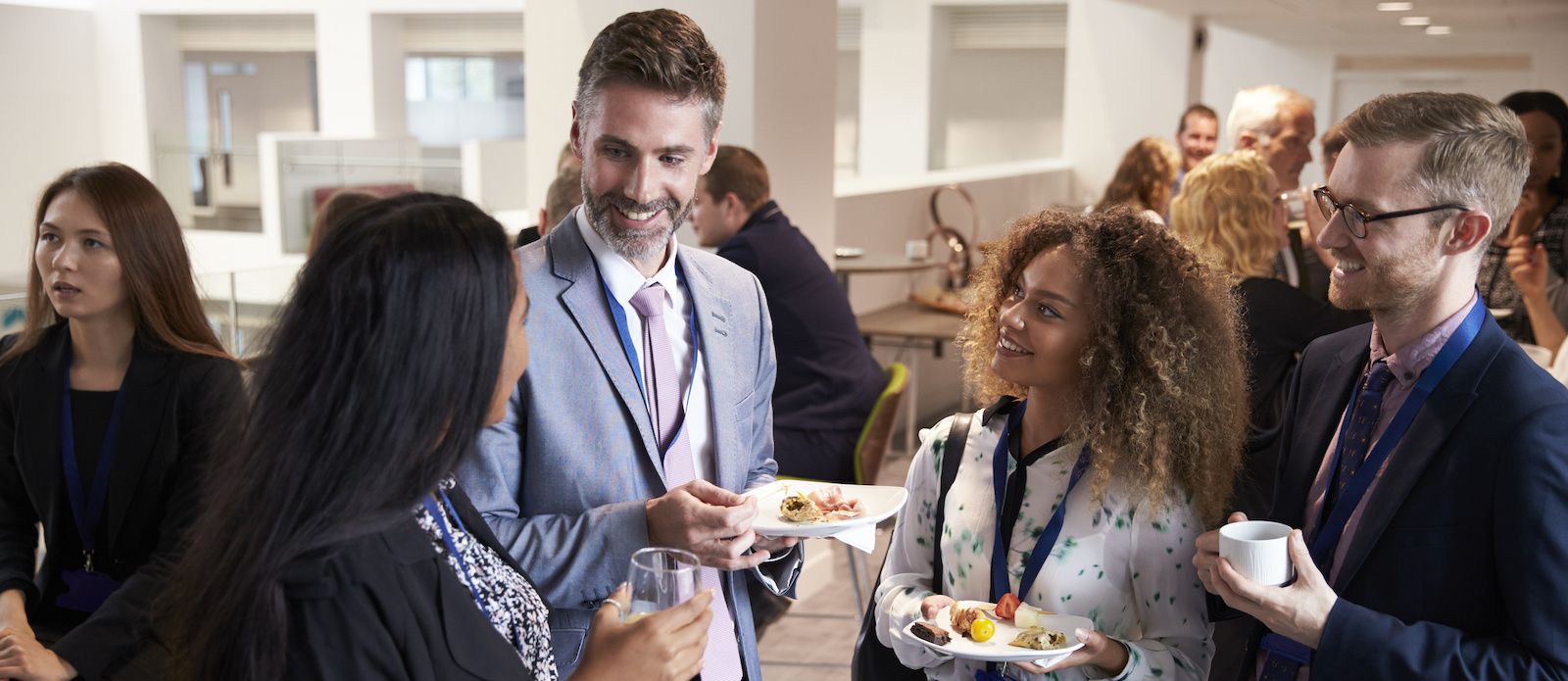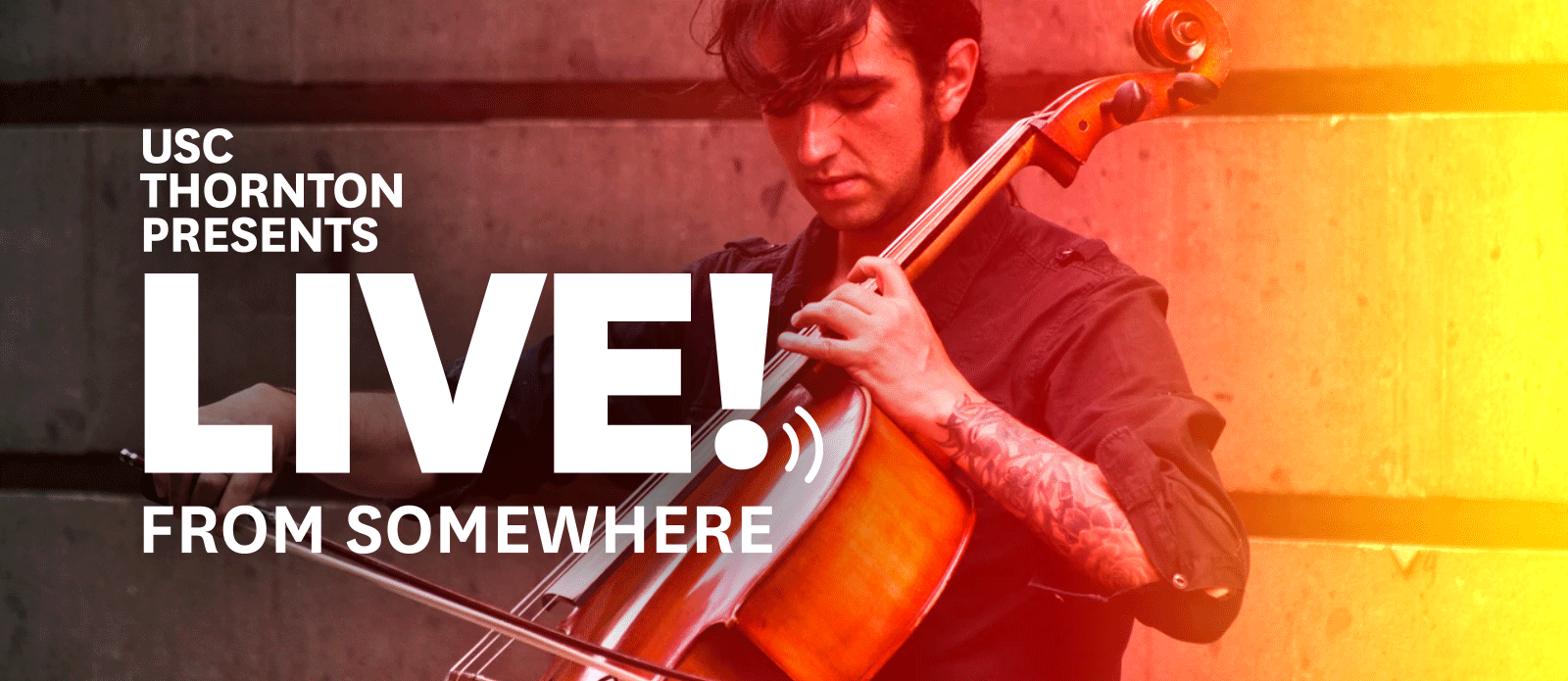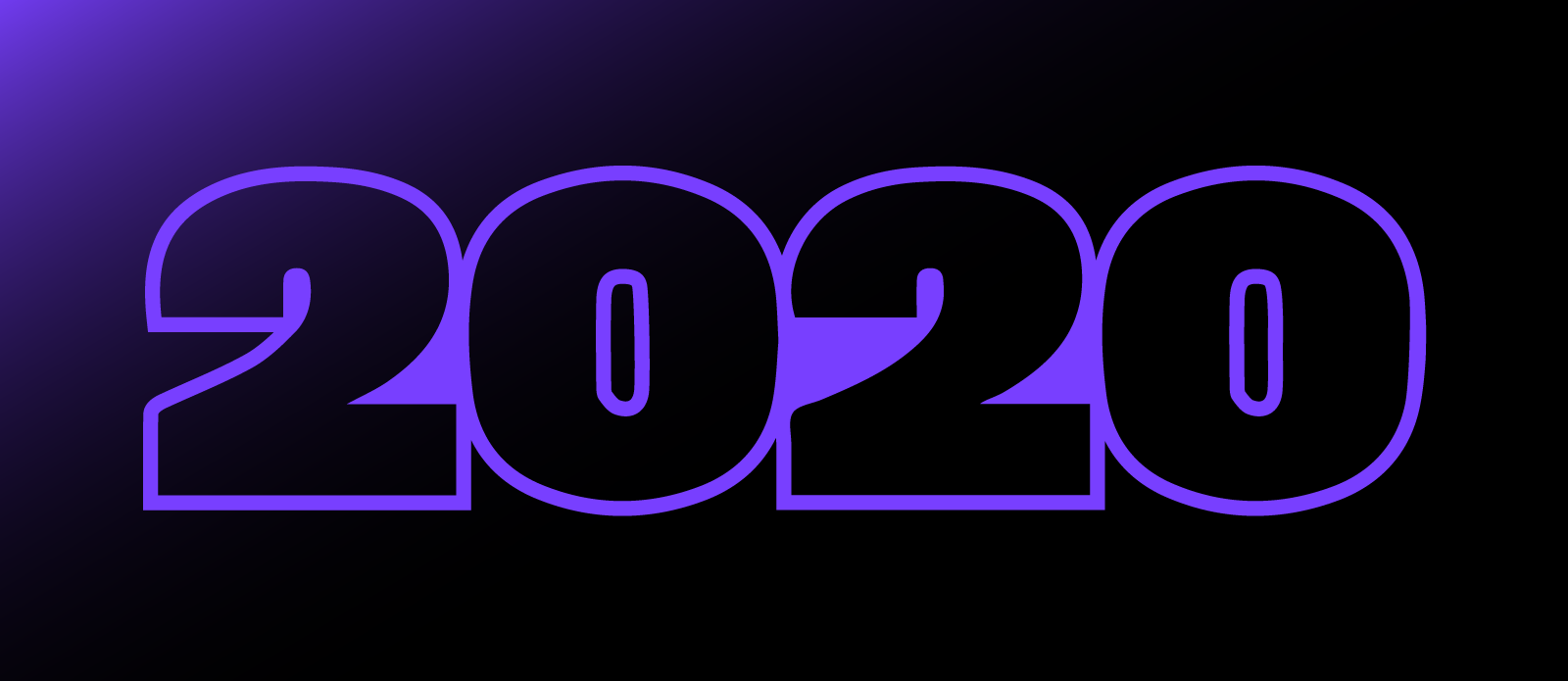
Alumni are the lifeblood of a university. When graduates go on to create businesses, make art, or change lives, they increase the reputation of their school. Not only that, but alumni donations also help advance universities’ strategic plans by funding scholarships, faculty research, and athletic programs.
In turn, alumni associations give back to alumni: they host networking opportunities, offer career services, and organize events. Together, alumni and their alma mater form a meaningful and symbiotic relationship.
Alumni associations, without a sound strategy, risk lowering a university’s rankings and student recruitment efforts. With so much at stake, it’s no surprise that the alumni relations field has evolved to be “consistently strategic, outcomes-based, and intentional.”
When the COVID-19 pandemic spread to the United States, everything changed for higher education. In a matter of days, events had to be canceled or reimagined, and strategic plans for alumni engagement had to be rewritten.
And we still do not know the lasting effects of the pandemic.
We talked with alumni relations professionals to get their perspective on lessons learned and opportunities found.
Alumni Engagement Strategies Go Digital

When universities try to measure alumni engagement, event attendance is often cited as one of the most coveted Key Performance Indicators (KPI). In other words, alumni who attend events tend to be the most engaged alumni, while attendance to digital programming — webinars, live streams, and social chats — is seen as a secondary KPI.
Yet, in-person events benefit a specific subset of alumni: those who are extroverted, live near campus, and have free time, says Kim Grant, Assistant Vice President of Alumni Engagement at the University of La Verne.
“Our alumni programming is great and events won’t go away forever, but they can be viewed by some as exclusionary,” Grant says. “By creating new virtual opportunities, La Verne is able to engage with a broader base of alumni, including some who never had an interest in going to an in-person event.”
Once the pandemic shut down campus, La Verne’s alumni engagement staff quickly enhanced their online programming. The university will soon launch an online book club, a virtual homecoming, and an Ask Me Anything video series in which alumni offer advice to each other on how to find jobs, be politically active, learn about personal finance, and more. Grant predicts that with so many benefits, a greater number of alumni strategic plans will give virtual programming equal or near-equal weight to in-person events.
Prioritizing Alumni Engagement
Many alumni relations professionals are dedicated to their college and invested in the alumni base. Yet, sometimes even the most well-intentioned teams get sidetracked balancing the needs of the university or their personal assumptions of what alumni need.
Alex Rast, annual giving and alumni relations coordinator at the USC Thornton School of Music shares an example. Every issue of USC Thornton's monthly alumni newsletter has a section dedicated to celebrating the alumni's career milestones and successes. However, the pandemic disproportionately affected the school’s alumni base of musicians and staff worried about sounding tone deaf, Rast says.
The communications and alumni relations groups pivoted by adding a section that included information on grant and relief assistance for musicians and people who work in the arts. They also included a message from the dean of USC Thornton, which was warmly received by the alumni community.
“The needs of our alumni change all the time and we have to adapt to it,” Rast says. “We realized that the newsletter format needed to be more fluid and less structured.”
Alumni Collaboration

With the campus shut down, there has also been a big push to maintain exceptional music instruction, collaboration, and performance opportunities for which USC Thornton is known. "Working from home in particular has been a big adjustment for us. We're very collaborative and in the moment," Rast said.
To engage students and alumni in the process, USC Thornton created a "virtual stage," through a new social media campaign called, Live from Somewhere. Alumni and students are encouraged to record music performances at home, which is then shared on social media to strengthen and build community. Additionally, USC Thornton faculty are finding innovative ways to teach online, with some recruiting friends and alums to give masterclasses.
Finding New Ways to Support Alumni
“Art is to be experienced,” says Brianna Hyneman, director of alumni relations at the San Francisco Art Institute.
Brianna Hyneman and her colleagues had to devise a new way to bring evocative art experiences to its alumni. “One of our biggest challenges in alumni relations was figuring out how to pivot and restructure decades old processes immediately,” Hyneman says.
Like much of the art community, SFAI alumni are facing loss of income and the resources to produce creatively. SFAI planned an alumni film festival and a documentary photo exhibit in the Spring, both of which had to be cancelled. "Even those artists who were not scheduled to show on campus experienced immediate cancellations of their exhibitions which significantly impacted their ability to market and sell artwork," said Hyneman.
Not only did they do this important work while dealing with the pandemic and the outcry for the end of structural racism, SFAI was facing fiscal challenges. In April, school officials announced that it would not be admitting incoming students for the fall 2020 semester.
Welcoming the Class of 2020

University of California, Irvine typically welcomes its newest members of the alumni community—recent graduates—at grad expo and commencement.
When events had to be moved online, Erika Jordan, assistant vice chancellor of alumni relations and constituent engagement, along with UCI’s alumni relations team had to find a new way to welcome their youngest alumni.
In collaboration with Student Affairs, UCI delivered celebration boxes to graduates prior to the virtual commencement, welcoming them to the alumni association and providing them with swag, caps and tassels.
What does the future hold?
"The pandemic will have a lasting effect on all alumni relations departments, art schools in particular," said Hyneman. This is true, and while we can't go back and change history, we can certainly adapt in light of it.
As alumni relations departments move forward, many, like Erika Jordan, are keeping an optimistic outlook toward a future that embraces change. Not only has the urgency brought their department into a new realm, Jordan feels that alumni relations will be strengthened because of the disruption. "Alumni Associations were forced to provide engagement online and through virtual programs, and it has given us an opportunity to increase our offerings around career services, events, and volunteer management," Jordan said.
Regarding the future of alumni fundraising, Kim Grant shared that while fundraising in this environment is tricky, it's highlighted people's desire to help others. "The idea that students need more money really brought people out in droves. Our students are reliant on scholarships and that hasn’t changed but the people who gave [to the student emergency fund] were often first-time donors. Everyone’s fear worked to bring out the best in people."
Only time will tell what the future holds for higher education institutions across the U.S. in light of the coronavirus pandemic. While it might feel more like business as unusual, one thing remains certain: alumni relations departments will continue serving the needs of their graduates by every means necessary.
This article was co-authored by Marisa Demers.
Download your complimentary Brand Manifesto Workbook today!









